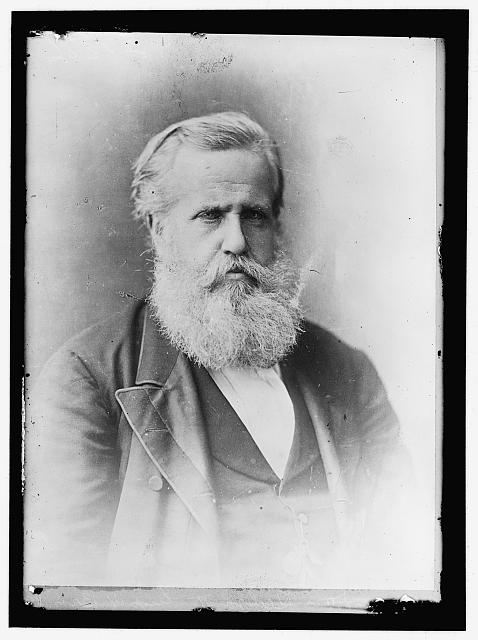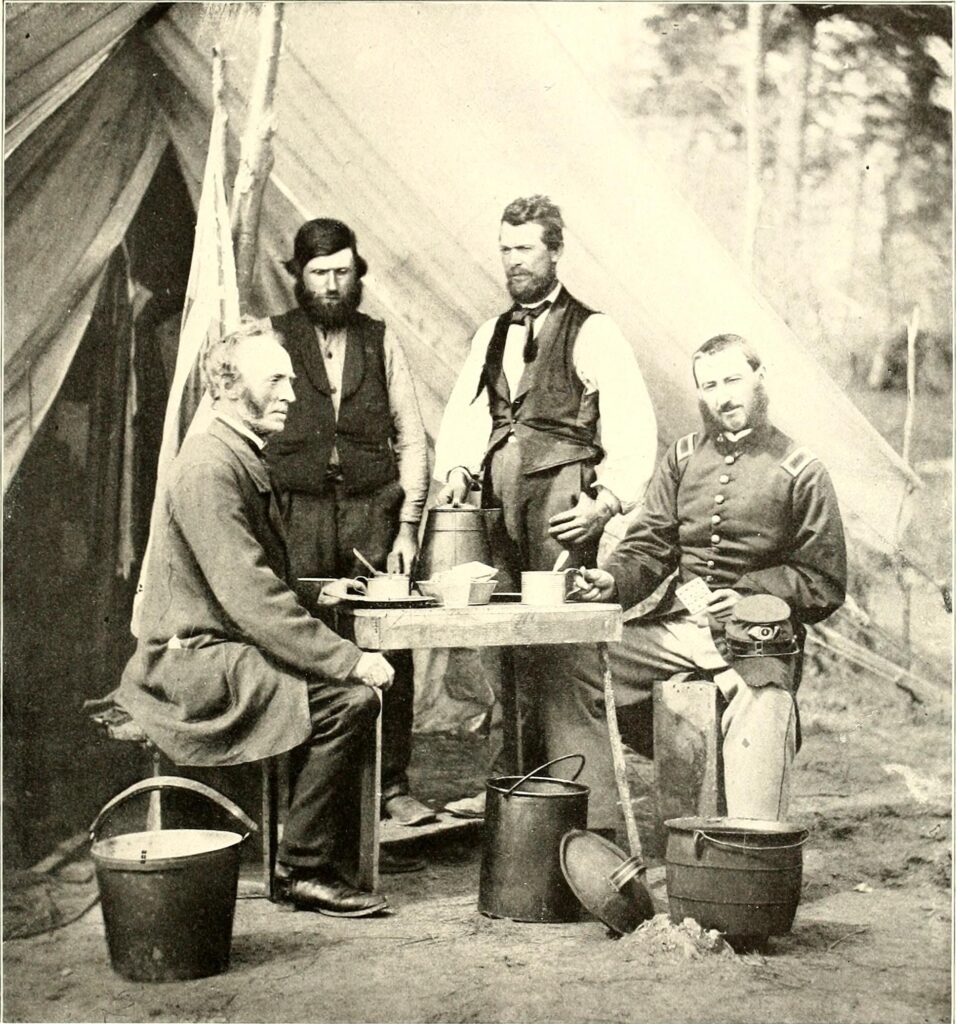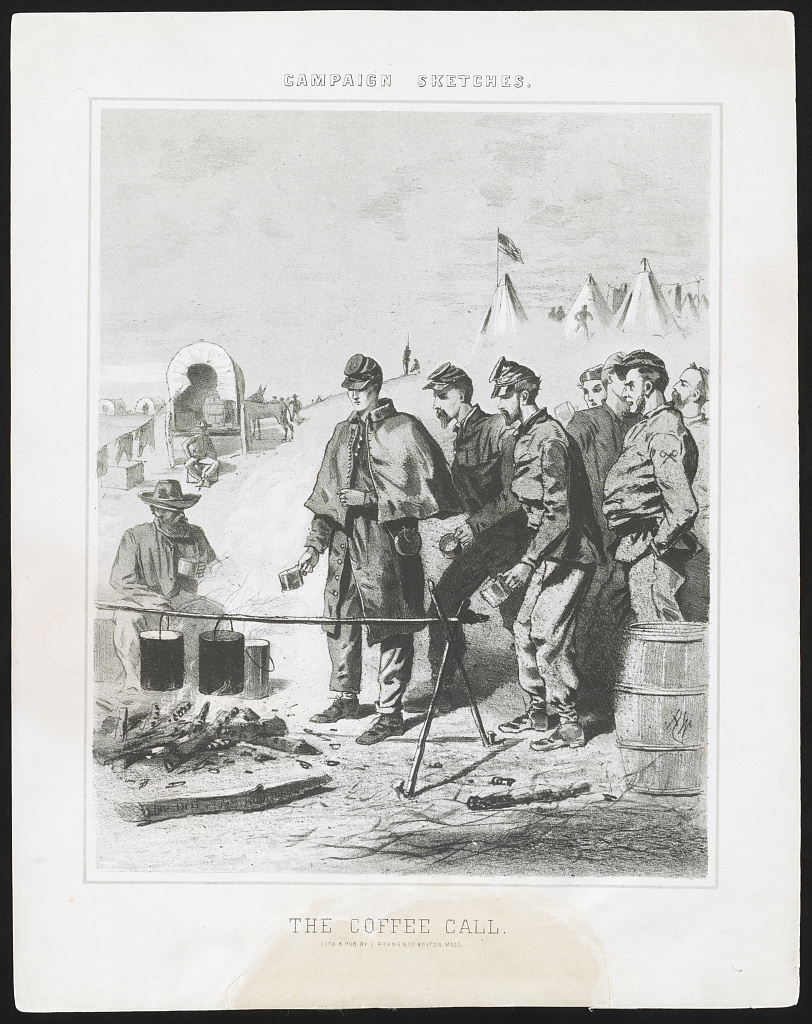“I would rather suffer with coffee than be senseless.”
Napoleon Bonaparte
In the past few weeks, we have traveled through the lush forests of Ethiopia, marched through the deserts of Arabia, rode in carriages through the cities of Europe, traveled across the ocean where coffee helped stir a revolution, before taking a quick stroll through Asia. Today we return to the Americas and take a look at the history of coffee in the 1800s and how this delicious drink made its way to the wild west of the Americas.
Brazilian Coffee in the 19th Century
While men and women across the world moved to urban areas in pursuit of a perceived better life, they consumed cups of coffee grown and cultivated using the blood, sweat, and tears of slavery. These brutal conditions were none more present than in Brazil where nearly a third of the population consisted of slaves, many of these people then had to drudge away for long hours in coffee plantations.

Though the emperor of Brazil, Pedro II tried to rectify the situation of slavery many years prior by abolishing the trade of slavery across the Atlantic, this fell on deaf ears. Slavery already being so marred and mixed with the history of coffee, became a normality in Brazil, a nation that relied on coffee to exist economically. This toxic but symbiotic relationship can be best illustrated through a quote uttered by a member of the Brazilian parliament, “Brazil is coffee, and coffee is negro”.
It took several different measures and policies before slavery truly began to disappear from Brazil. The first was in 1850 with a ban being put in place for the import of slaves, the next was in 1871, where all offsprings of existing slaves would be set free immediately upon birth. The final nail in the coffin to slavery in Brazil came in 1888 when Princess Regent Isabel passed the “Golden Law” which freed the remaining 750,000 slaves in Brazil. However, by this point, many of the farms in Brazil had already begun to shift towards another form of labor, colonos.
Since the history of coffee and the history of Brazil continued to be closely intertwined with one another when slavery was abolished in Brazil, they needed to find a way to continue the operation of their coffee farms while also keeping labor costs as low as possible. This solution came in the form of colonos, where the Brazilian government would pay for the transportation of laborers from Europe which most often consisted of poor Italians.
Along with the cheaper costs that the colonos provided, they were also able to grow much more coffee than before, with production rising from 5.5 million to 16.3 million bags of coffee from 1890 to 1901. However, this reliance on a single crop resulted in environmental degradation in Brazil, with many crops that could be previously grown in Brazil such as flour, now needed to be imported into the nation.
Coffee, Cowboys, and a Civil War
As Brazil continued to export coffee to the wider world, it became more and more of a commodity in nations like the United States, in particular, it became the drink of the wild west.
As the history of America began to change thanks to “Manifest Destiny”, so did the history of coffee. Americans were not unfamiliar with this delightful drink, as they had already begun to consume it in protest to their former overlord, the British Empire. Ever since the American Revolution in 1776, tea had become a drink that was viewed as unpatriotic, while coffee was seen as the true American drink.
When America began to expand into the Western frontier, they brought with them coffee. This drink was easy to consume especially for cowboys, who would drink coffee alongside a glass of water. Often their coffee would be prepared on a boiling pot, as they enjoyed drinking their coffee piping hot. Coffee continued to be an important drink for cowboys as they would work long hours each day toiling at the fields, and would need the rush of energy that coffee provided.
Soon thereafter, coffee would once again be present in the minds of many Americans as they fought in another brutal war. Though this time, rather than fighting for the liberty of some men, they wanted to truly follow the doctrine of the founding fathers, and fight for the liberty of all men; this was of course the Civil War.
Coffee was a crucial resource during the civil war and helped many soldiers in the Union remain energized and jolted. The importance of coffee can quickly be noted when looking at the war journals kept by Union troops during the Civil War, where they used the word coffee much more often than they did with words such as war, slavery, and Lincoln.

Coffee was a popular drink for soldiers during the civil war. Photograph by Francis Miller and Robert Lanier. Collection of the Lincoln Financial Foundation Collection. 
The Coffee call. Soldiers with cups for fresh coffee. Homer, Winslow. From the Library of Congress Collection.
Coffee was so important to the Union troops, that the government supplied them with 36 kilograms of coffee beans annually, while all shipments to the Confederacy were blocked.
Though it can not be confirmed that coffee had a role to play in the Union’s victory in the Civil War, it can be ascertained that Confederate troops desperately wanted to drink coffee once again. This desperation led to Confederate troops making makeshift coffee from roasting rye, rice, sweet potatoes, or beets, however, none of these solutions contained caffeine.
However, what was most ironic about the constant consumption of coffee by Union troops—as pointed out by Jon Grinspan, a curator at the Smithsonian—was that “These soldiers who were fighting ostensibly to end slavery are fueled by this coffee from slave fields in Brazil.”
As the Civil War soon came to an end, the commercialization of coffee, and soon thereafter the creation and popularization of instant coffee began. Join us next week, as we dive into the history of the commercialization coffee, and its intimate relationship with capitalism.


